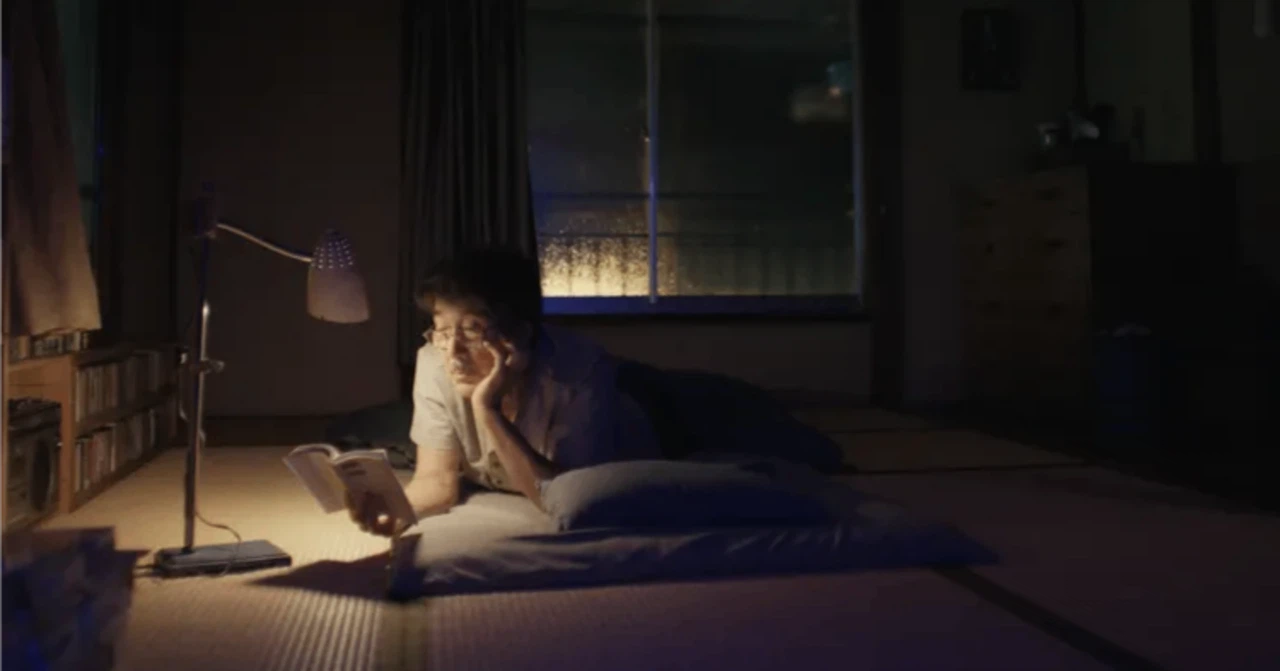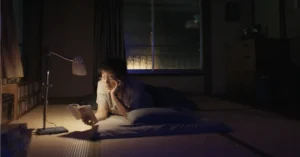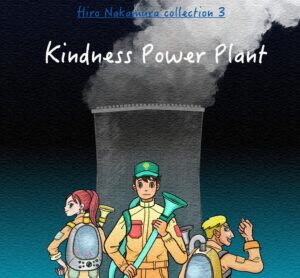Someone recommended it to me and I watched it on Amazon Prime.
I’ve always liked the works of director Wim Wenders and have always followed his new works, but this one was completely off my radar until it won an award at the Cannes Film Festival and became a hot topic.
He’s a man who doesn’t produce many films, so maybe that’s just an excuse.
As the director himself said, Wim Wenders is a big fan of Japan and is a great admirer of Yasujiro Ozu’s works.
In the past, he has even made films with real Japanese people as the protagonists, such as the late Kansai Yamamoto.
And now this time, “Perfect Days.”
It was interesting, as expected of a hot topic. If you ask me if that’s all I thought about it, it really can be summed up in one word. Not just for movies, but for novels and manga, I feel like reviews of good things all come down to this word.
It’s said that this film originally started as a toilet-related project, but the director used that as a base to expand the work by imagining the lives of Japanese monks.
I see, knowing the background makes my love of Buddhism boil. The monk who was the model for this film is probably a Zen monk, not a Shingon or Pure Land monk.
The way the main character cleans the toilets and the way he approaches it is exactly like the daily work of a Zen monk.
However, simply saying it was interesting would be just a quibble, and a quibble with X would be enough and would not make a blog, so I thought I would write about the things that caught my eye, especially since it is a work by a director I like.
Simply put, there were times when I thought, “What a waste.”
The first was the scene where, when the part-time worker who was on rotation to clean the toilets suddenly dropped out, his shift became tight, and he yelled at his employer over the phone, demanding that they quickly bring in a replacement since he would be busy.
The second was that every day after work he goes to the public bath and then has dinner at a bar at the entrance to the underground mall, yet he rewards himself about once a week? Is it something he admires? The scene where he goes to an expensive-looking small restaurant with a refined proprietress (Ishikawa Sayuri).
And the third is when he sees the proprietress’s ex-husband (Miura Tomokazu) acting intimate with her and hurriedly leaves the restaurant, but for some reason his ex-husband catches up to him and says he’ll take care of things, and they play shadow-stepping together.
If it were me, I would have left out these three scenes and made the monotonous repetition of everyday life gradually feel more like an ensemble, like Ravel’s “Bolero.”
Instead, I would have included more scenes of Tanaka Min dancing in the park.
Thanks to these three unnecessary episodes (apparently it was originally meant to be a short film), it felt like the main melody of Bolero was distorted halfway through.
Many film reviews point out the film’s merits, such as “knowing your feet,” and while I have no objection to that, it’s unfortunate that the line of what is “enough” is so blurred by these three factors.
It may be presumptuous for a man like me, a hack writer and not a film expert, to criticize the great director Wim Wenders, but as someone who has been moved by his other works such as “Wings of Desire” and “Buena Vista Social Club,” I can’t help but be critical of him because he is one of my favorite directors.
I hope that he will one day join the ranks of my great masters, like Bertolucci, Akira Kurosawa, and Yasujiro Ozu.
Also, if I may say one last thing, I think such stylish toilets can only be found in Tokyo, and especially in Setagaya!
I would like to say this strongly (at least, they don’t exist in Nagoya).
Anyway, this movie is condensed and symbolizes the entire story in the close-up scene where Yakusho Koji laughs and cries at the end.
The movie is worth seeing just to see that, and I found myself crying along with the characters.
However, those tears may only be understood by those who have reached a certain age.
And the more tears there are, the more one feels that the person has lived a life that is a little sadder than others.
“A movie makes you want to watch one after the other”








-192x300.png)



